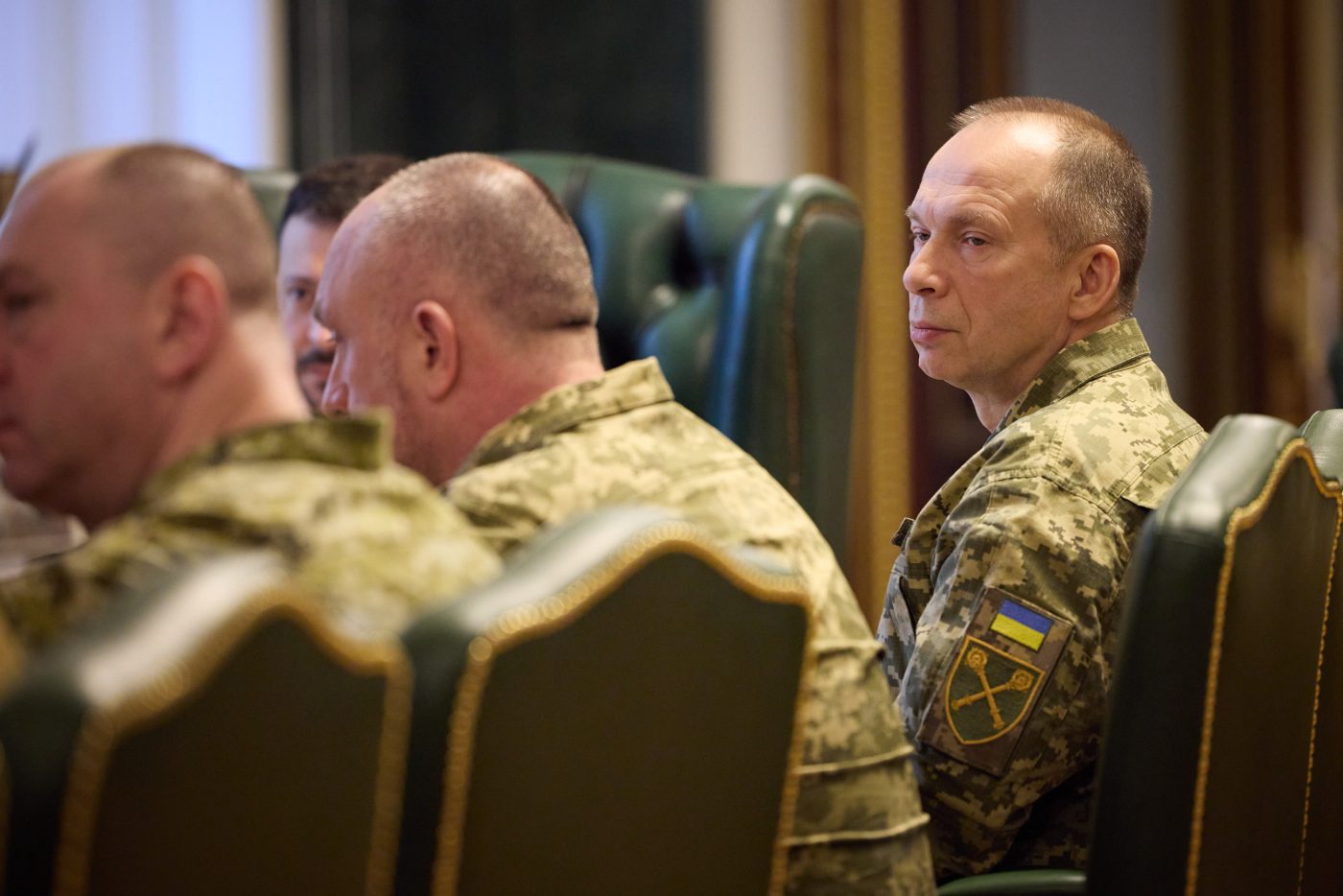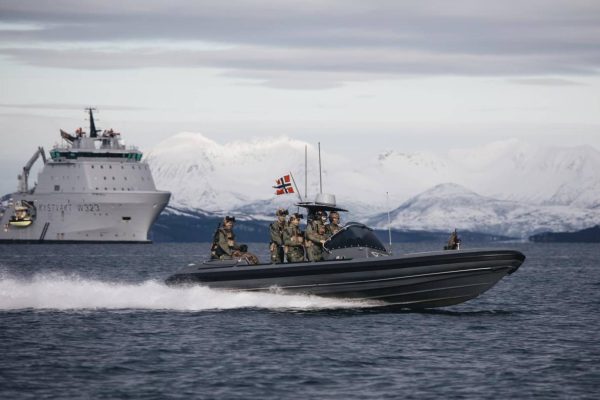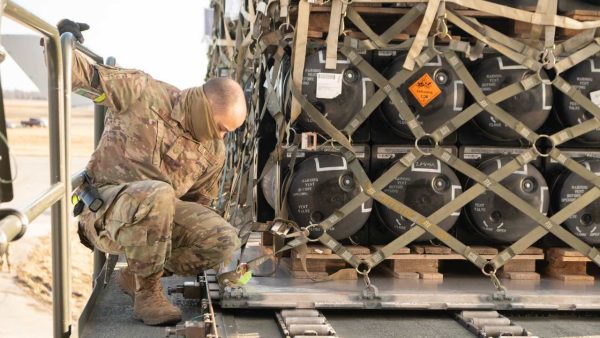The military reshuffle included the long-anticipated replacement of General Valerii Zaluzhnyi with Oleksandr Syrskyi as Commander-in-Chief of Ukraine’s armed forces.
Colonel General Syrskyi, 58, callsign Snow Leopard, is a divisive figure inside the army. Seen by some as hard-edged and implacable, others say he is too Russian in his military approach (he was trained in Moscow in the 1980s) and too willing to accept high casualties.
A Ukrainian reserve officer, “Tatarigami_UA” who has 160,000-plus followers on X (formerly Twitter), made an unforgiving assessment here, pointing to the battle for Bakhmut and suggesting Syrskyi should have withdrawn at an early stage.
Western journalists who have reported on the conflict say the sentiment is widespread among Ukrainian troops. But a former Ukrainian frontline soldier pointed out that everything Syrskyi had done was as a subordinate of Zaluzhnyi’s. “So there can’t be a ‘good guy’ Zaluzhniy and a ‘bad guy’ Syrskyi.” This veteran suggested he should be given a chance.
It’s probably not coincidental that Syrskyi’s first statement following his appointment emphasized the well-being of his troops. “The lives and health of servicemen have always been and are the main value of the Ukrainian Army,” he said.
We asked senior CEPA experts to discuss the background and implications of the move for the war, for Ukrainian politics, and for the future of Western support.
Volodymyr Dubovyk, Non-Resident Senior Fellow
On the one hand, President Zelensky is fully within his rights to shift personnel around, including military commanders. There is no question about this. Indeed, civilian control of the military is critical to a functioning democracy.
So, whatever the decision represents, it does not amount to non-democratic interference in military affairs. It is also perhaps a better outcome than allowing tensions to grow further between Zelenskyy and his top military commander, especially over critical issues like a new round of mobilization.
That being said, there are reasons to worry about the messages that this decision sends. It begs the question of whether the tremendous consolidation of Ukrainian society in the face of Russia’s full-scale aggression has diminished.
Ukrainians have displayed a high degree of trust and support for both the president and the military. Will Zaluzhnyi’s dismissal push them to pick sides? This is certainly the impression conveyed by scrolling through heated discussions on Ukrainian social media.
Equally, is this decision an acknowledgment that the war effort has gone sideways, and even an attempt to divert blame? That is not what Zelenskyy has said, but presidents don’t tend to fire their generals in the midst of a war if they are fully satisfied with their performance.
Finally, this messaging is amplified when it comes to the international audience, including Ukraine’s allies and supporters around the world.
How the West responds will be a good indicator of where governments’ real interests lie. Those who are genuinely committed to supporting Ukraine will not be deterred. But those whose commitment is less clear ask questions about the danger of Ukrainian disunity and Ukraine’s commitment to the fight.
That may push that faction to argue it is time to reduce support and push Kyiv towards some sort of “negotiations” and a ceasefire with Moscow.
Elina Beketova, Democracy Fellow
Observing the thousands of warm and thankful missives that have flooded Ukrainian social media, it’s evident that General Zaluzhnyi is highly respected — loved, even — in Ukrainian society, and among many ordinary soldiers, and their families. He has become the face of the Ukrainian Armed Forces and a symbol of national courage and steadfastness. Many have credited him with saving Ukraine in its toughest moment, a sentiment that rings true.
Whatever its wisdom, the decision has been made. Ukraine’s political leadership must now demonstrate, to civilians and soldiers alike, that everything is under control, and that the country’s military and political leadership are on the same page. Syrskyi’s appointment has been accompanied by a rotation of field commanders, and as they take over, a key priority must be to gain the trust of the men and women fighting and dying to preserve Ukrainian sovereignty and freedom. Keeping Zaluzhnyi — whose next appointment is so far unknown — on the team would be helpful in this regard.
Equally crucial will be the detailed plan of action that Zelenskyy has promised, laying out the warfighting agenda for the coming months. This plan ought to provide more insight into Ukraine’s current strategy – something Ukraine’s Western allies are also eager to see – and a set of meaningful but achievable objectives. All eyes will also be on the creation of Ukraine’s newest force structure, the Unmanned Systems Forces.
The key for everyone – the administration, the military command, soldiers, the Ukrainian public, and the West – is to avoid emotional responses and focus on the nuts and bolts of policy and the war.
Europe’s Edge is CEPA’s online journal covering critical topics on the foreign policy docket across Europe and North America. All opinions are those of the author and do not necessarily represent the position or views of the institutions they represent or the Center for European Policy Analysis.





